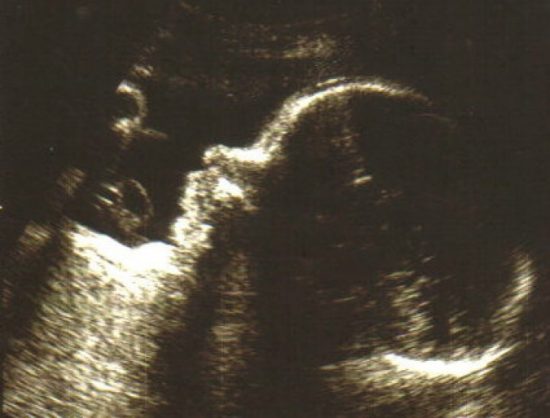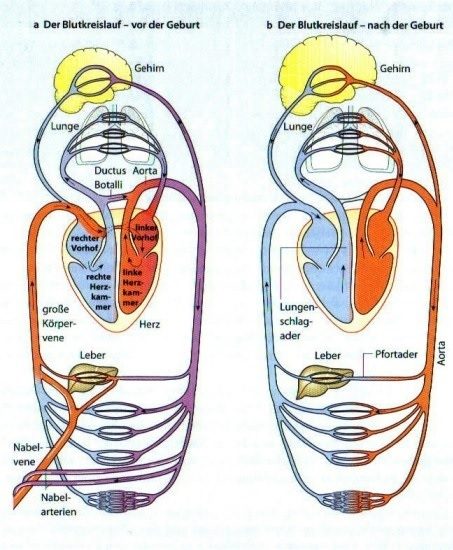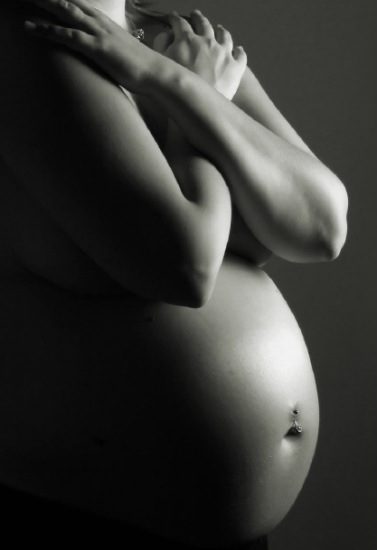




A question that is frequently asked
amongst divers and during medical examinations is: Can I dive during pregnancy?
The answer is a clear “No”.
As soon as divers find out that they are pregnant,
they should stop diving immediately. This restriction is lifted after the baby
is born. Although this answer sounds rather absolute and drastic, this
nine-month “break” from diving is certainly not as serious as a birth defect in
the baby or even miscarriage.
The reason for this firm
“No” is because it cannot be safely determined that diving during one’s
pregnancy will not damage the foetus. In fact, it may cause the mother to
suffer a miscarriage. However, medical studies involving pregnant divers have
not been done to verify this—due to
ethical grounds.
Nevertheless, there are
indeed reports about divers who had dove during their pregnancy and still gave
birth to healthy babies. However, this can hardly serve as a research model
The dangers
The foetus receives its oxygen and nutrients via the umbilical
cord. In the early stages of pregnancy. The foetal lungs have not fully
developed, so the blood almost completely bypasses the lungs. The exchange of
substances (nutrients and oxygen) takes place between the open foramen ovale (between the right and
left atrium) and the ductus arteriosus
(a blood vessel between two large out-going and incoming blood vessels).
Through these two vessels, gas bubbles may freely travel from the venous to the
arterial side.
The consequence of
decompression arises in the maternal blood and may be transported to the foetus
via the umbilical cord. Although the placenta is a natural filter, it may fail
to do its job in the presence of supercritical saturation. Hence, nitrogen saturation or narcosis of the placenta or foetus is a possibility. Such cases may lead to bubbles forming in the foetus’
blood, a condition that may be fatal.
A safe depth for pregnant women simply
does not exist. Although the development of gas bubbles at shallow depths is
unlikely, In addition, if an expectant mother were to require any decompression
therapy following a diving accident, it is unclear how this would affect the
unborn child.
Couples who want to have children should consider the timing of the pregnancy,
when planning a dive holiday. In this way, there would be no reason to
terminate a pregnancy in case the dates for the holiday and time of pregnancy
happen to clash.
After childbirth and lactation
After giving birth, when the body (or wound, in the case of
Cesarean section) has healed, the mother should start to regain her fitness
when she feels comfortable and relaxed, if she wants to start to dive again.
After pregnancy and
childbirth, the pelvic ring, pubic symphysis, pelvic floor and tapes are still
loose after stretching. Any heavy lifting may lead to a bladder accident.
Hence, if the mother goes back to diving, she can ask the proud father to help
with the carrying of heavy cylinders and weight belts, and tightening of the BCD.
At the lactation stage, caution is still advised. Nitrogen
bubbles are easily soluble in fat and dissolve nicely in breast milk. However,
they become largely diluted during suction, and also inside the baby’s stomach.
Damage caused by
nitrogen bubbles are not a concern. Instead, it is the wide-open milk ducts
that poses a problem, as they represent an entry point into the baby’s body. If
the mother suffers from mastitis (breast infection), a total dive ban is a
must.
 Mares
Mares 12th November 2015
12th November 2015